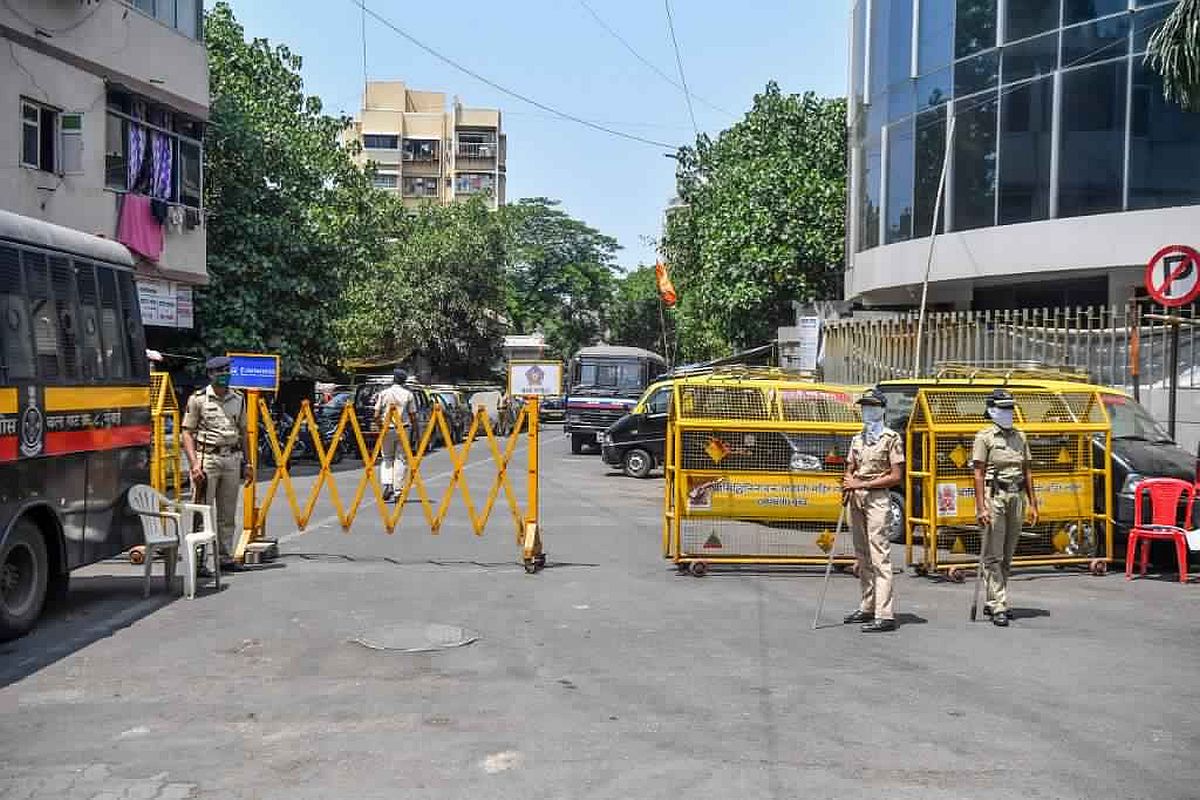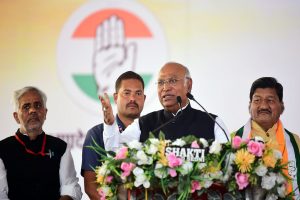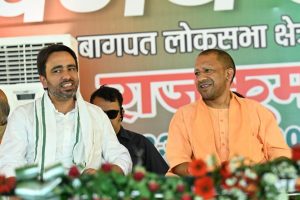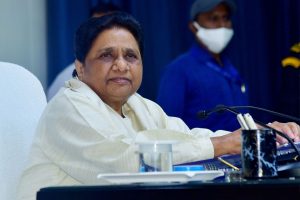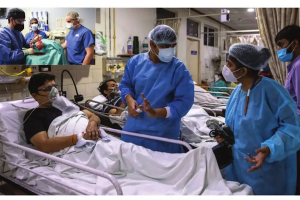With villagers across a swathe of districts in predominantly rural Odisha facing starvation conditions since the morning of 25 March, when the lockdown came into force, the state’s Chief Minister has decided to extended the closure till 30 April.
Mr Naveen Patnaik has been remarkably decisive, his decision unilateral on the face of it, having been announced 48 hours before the Prime Minister’s video conference with Chief Ministers on Saturday, specifically to discuss the course ahead.
Mr Patnaik has reasoned that “at this crucial juncture, one has to decide between protecting human lives and economic activity”. In the event, the country bears witness to the worst of both worlds primarily because little or no provision was made to feed Odisha’s impoverished villagers and the migrants when the Prime Minister announced the lockdown at four hours’ notice.
Mr Patnaik has, therefore, accorded priority to the dire imperative of “saving the lives of our people”. It is his call that the movement of goods must be resumed by immediately clearing the bottlenecks on highways. To put it succinctly, food has to be delivered to the hungry ~ and those bereft of income ~ by clearing the allegedly contrived holdups, as often as not by the police on overdrive.
The decision, as in West Bengal, to issue a “pass” to drivers comes rather late in the day. Notably, Mr Patnaik has matched the extension of the lockdown with the decision to provide PDS ration and pension in advance to the beneficiaries. Given the will and the signal of intent, state control of economic and social matters ought to attain fruition in a perdurably poor part of eastern India.
Though the Mahatma Gandhi National Rural Employment Guarantee Scheme has been kept in abeyance in large parts of the country, including West Bengal, it will continue in Odisha along with agricultural activity. The success of the Chief Minister’s endeavour will hinge substantially on social distancing, which in turn will depend on the average citizen’s concern for others and sense of discipline, most importantly the awareness of hideous reality.
Not wholly unrelated is the decision to spruce up the wherewithal in hospitals with one lakh diagnostic kits, an increase in the consolidated fund to Rs 2000 crore, and testing facilities in hospitals at Berhampore (Ganjam district) and the Ispat General Hospital in Rourkela. Nonetheless, it is rather surprising that Odisha suffers from a deficit in fundamentals.
That said, the decision to effect a fourfold increase ~ from 1500 to 6000 ~ ~ in the number of beds for Covid patients will be generally welcomed, even if it does suggest overkill given that by Friday evening, Odisha had only 44 confirmed cases and one death. It can only be hoped that these beds are not at the expense of others who are critically ill, but not because of Covid-19.

